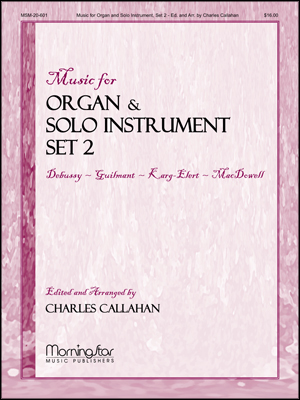Come, Holy Spirit, Heavenly Dove, My sinful maladies remove. S.. Browne. [Whitsuntide.] Few hymns in the English language have been subjected to so many alterations and changes as this, which according to the author's title, concerns "The Soul giving itself up to the Conduct and Influence of the Holy Spirit." An enumeration of all these changes would tend to increase rather than to lessen the complications which surround the various texts in modern hymnals. The most that can be done will be to give tho original text, and then to indicate the sources of the important changes in common use:
1. The hymn appeared in S. Browne's Hymns & Spiritual Songs, 1720, Bk. i., No. 131, pp. 173,174, in 7 stanzas of 4 lines, as follows:—
"Come, Holy Spirit, heav'nly Dove,
My sinful maladies remove;
Be Thou my light, be Thou my guide,
O'er every thought and step preside.
"The light of truth to me display,
That I may know and chuse my way;
Plant holy fear within mine heart,
That I from God may ne'er depart.
“Conduct me safe, conduct me far
From every sin and hurtful snare;
Lead me to God, my final rest,
In His enjoyment to be blest.
"Lead me to Christ, the living way,
Nor let me from his pastures stray;
Lead me to heav'n, the seat of bliss,
Where pleasure in perfection is.
"Lead me to holiness, the road
That I must take to dwell with God;
Lead to Thy word, that rules must give,
And sure directions how to live.
"Lead me to means of grace, where I
May own my wants, and seek supply;
Lead to Thyself, the spring from whence
To fetch all quick'ning influence.
"Thus I, conducted still by Thee,
Of God a child beloved shall be;
Here to His family pertain,
Hereafter with Him ever reign."
2. In 1769 Ash and Evans published in their Bristol Collection, as No. 161, the following version:
"Come, Holy Spirit, heavenly Dove,
With light and comfort from, above;
Be Thou our Guardian, Thou our Guide,
O'er every Thought and Step preside.
"Conduct us safe, conduct us far
From every Sin and hurtful Snare;
Lead to Thy Word that Rules must give,
And teach us Lessons how to live.
"The Light of Truth to us display,
And make us know and choose Thy Way;
Plant holy Fear in every Heart,
That we from God may ne'er depart.
"Lead us to Holiness, the Road,
That we must take to dwell with God;
Lead us to Christ, the living Way,
Nor let us from His pastures stray.
"Lead us to God, our final Rest,
In His enjoyment to be bless'd;
Lead us to Heaven, the Seat of Bliss,
Where Pleasure in Perfection is. B."
3. This version was included in Toplady's Psalms & Hymns, 2nd ed., edited by Walter Row, 1787, No. 395, with the following alterations:
Stanza i., l. 1, "Come gracious Spirit, heavenly Dove," Stanza ii., 1. 3, Lead to Thy word; for that must give.
This version was again repeated with minor changes, including "precepts" for "pastures," in Cotterill’s Selection, 1819, and others.
4. The next change of importance came with Hall's Mitre, 1836, No. 79, in which the last stanza reads:—
“Lead us to God, our only rest,
To be with Him for ever blest;
Lead us to heaven that we may share,
Fulness of joy for ever there."
5. In Mercer, 1864, this verse is transposed as:—
"Lead us to heaven, that we may share
Fulness of joy for ever there;
Lead us to God, our final rest,
To be with Him for ever blest."
6. On comparing the texts of modern collections with these details we find that (1) the original is represented in Lord Selborne's Book of Praise Hymnal, 1867; and Dr. Hatfield's Church Hymn Book, N. Y., 1872; (2) the Ash & Evans text as in tho Baptist Psalms & Hymns, 1858-80, with "gracious" for "holy"; (3) the interwoven text of Browne, Ash & Evans, Toplady, and Hall, as in the Hymnal Companion, with "final rest" for "only rest;" (4) the Browne, Ash & Evans, Toplady, Cotterill, and Mercer text, Oxford ed. of Mercer, No. 228; and, through the same source, the Hymnary, 1872, and Hymns Ancient & Modern, 1875, &c. The American collections follow in the same tracks, and are generally reproductions of the English text. Two centos remain to be noticed, that in Thring's Collection, 1882, where stanza vi. of the original is rewritten by the editor, and the arrangement, "Come gracious Spirit, gift of love," which is found in the Sunday School Union Hymn Book, and other collections for children.
--John Julian, Dictionary of Hymnology (1907)


 My Starred Hymns
My Starred Hymns







